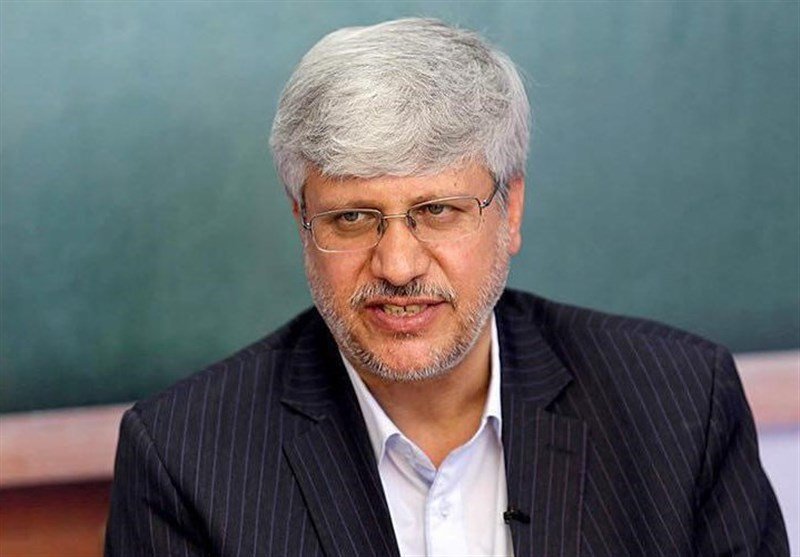Political synergy imperative to addressing challenges: MP

TEHRAN – Reacting to early electoral campaigning, a principlist parliamentarian in comments on Wednesday called for a synergistic approach by all political groups to address challenges the country is grappling with.
Iran will hold its next presidential and council elections on May 19, 2017, a month earlier than usual so as not to coincide with the Muslim fasting month of Ramadan.
“Political currents are expected to postpone their electoral activities to due time,” said Akbar Torki, representative of Faridan, central Iran.
“Instead, they should focus on the people who are under economic pressures.”
More economic voices have been heard in Iran nearly a little over one year after the implementation of an international nuclear deal with world powers, which removed crippling sanctions on the country.
Better economic performance was a running theme in President Rouhani’s stump speeches in 2013.
Holding a key in his hand in presidential ads, he vowed to rebuild the country’s ailing economy, not aware of a litany of economic problems to be bequeathed to him by Mahmoud Ahmadinejad.
The moderate administration, which championed the 2015 nuclear deal with the West, has achieved partial success, reining in soaring inflation rates and attracting billions of dollars of foreign investment.
In a speech in December 2016, Rouhani expressed hope to end the current Iranian calendar year, 1395, which ends in March 2017, “with single-digit inflation, a 5-percent growth rate and the creation of 700,000 new jobs.”
As Rouhani’s tenure nears end in August, experts are skeptical he has delivered his economic promises.
Rejecting the critics, Vice President Is’haq Jahangiri put the blame on huge backlog from previous administrations for the sluggish economy.
“A country that had been sent deep into a valley is now a few steps higher though it’s still at the bottom of the valley,” he said in an indirect reference to eight years of Ahmadinejad’s presidency.
AK/PA
Leave a Comment